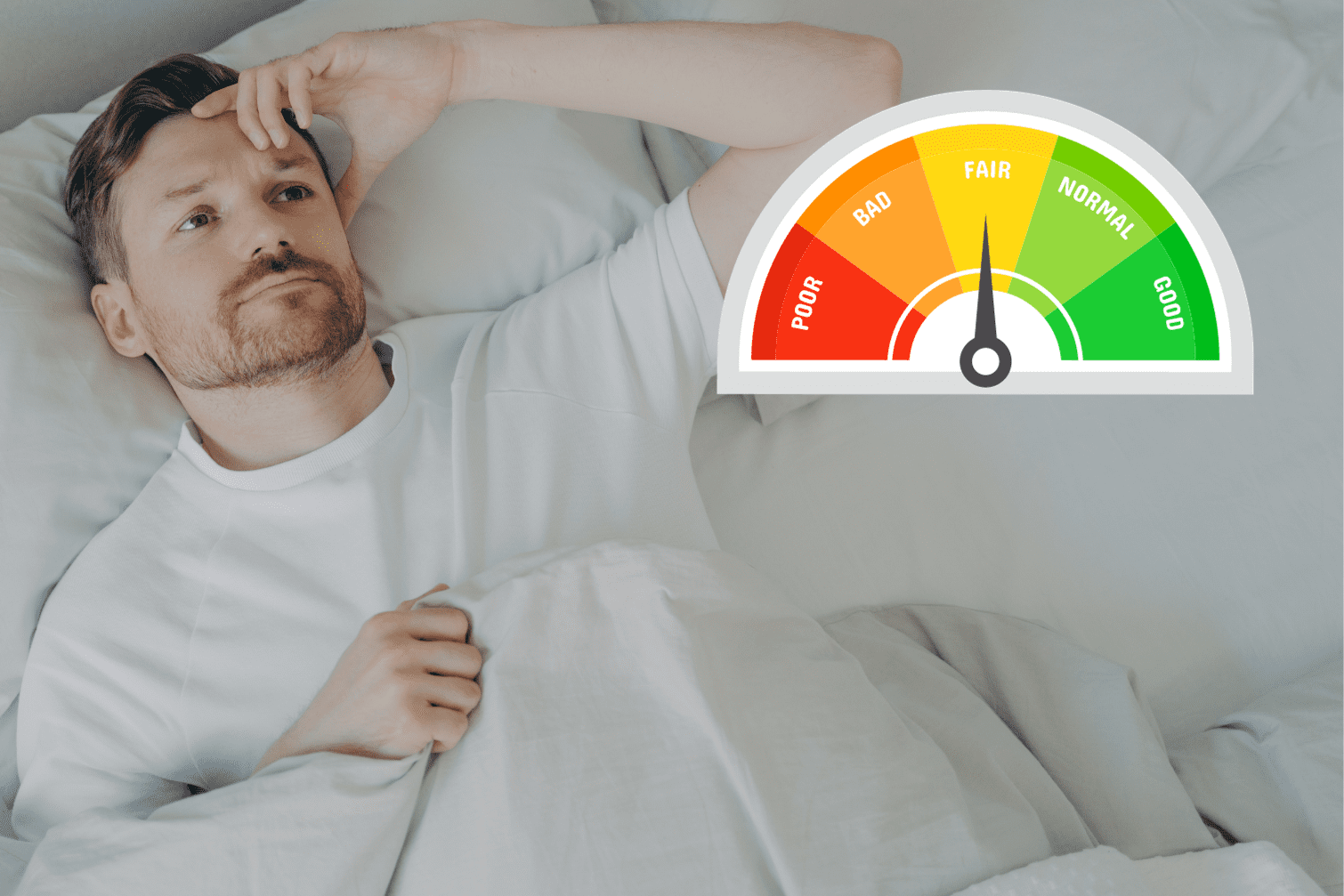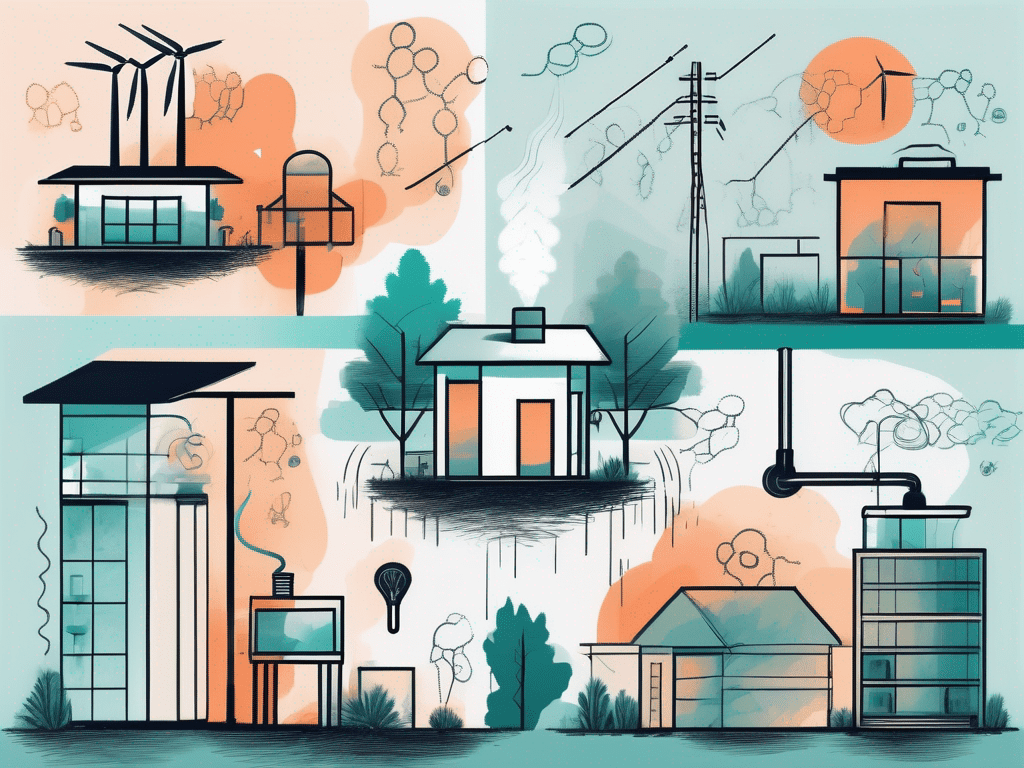Breathing Easy on the Road – The Importance of AQI
Traveling is all about experiencing new destinations, cultures, and adventures. But amid the excitement, one often-overlooked aspect can significantly affect our health and enjoyment: the Air Quality Index or AQI. Let’s delve into its significance for travelers.
Breaking Down the Basics: What is AQI?
AQI, short for Air Quality Index, is a universally recognized tool that indicates the cleanliness of the air we breathe. It measures pollutants like ozone, particulate matter, carbon monoxide, sulfur dioxide, and nitrogen dioxide, offering readings ranging from 0 (excellent quality) to 500 (hazardous conditions).
Why Travelers Should Be Concerned with AQI
While picturesque views and renowned landmarks might captivate our attention, the air quality of our chosen destination plays a critical role in our overall travel experience:
- Health Impacts: Prolonged exposure to poor AQI can lead to respiratory problems, even for travelers without pre-existing conditions.
- Activity Planning: Outdoor activities, such as hikes or city tours, might need adjustments based on AQI readings.
How to Access and Interpret AQI During Your Travels
With technology at our fingertips, accessing real-time AQI for your destination is a breeze:
- Official Websites: Many countries have official environmental websites providing current AQI readings.
- AQI Scales: Interpretation is easy with color-coded scales. For instance, green denotes “Good” air quality, while maroon indicates “Hazardous” levels.
Recent data about AQI and using it during travels:
- AirNow.gov provides real-time AQI data for the United States and Puerto Rico.
- World Air Quality Index provides real-time AQI data for over 100 countries around the world.
- Travel Health Pro provides travel health information, including information on air quality and how to protect yourself from air pollution.
Top AQI Monitoring Apps and Tools for Travelers
Staying informed on-the-go is crucial. Here are some top apps for real-time AQI updates:
- AirVisual: A global AQI and weather forecasting app with interactive maps.
- BreezoMeter: Offers real-time air quality data and provides health recommendations based on current readings.
- AQICN: A straightforward tool offering AQI data for cities worldwide.
Traveling to Places with Poor Air Quality: Precautions and Recommendations
Here are some tips for travelers on how to use AQI data:
- Check the AQI forecast for your destination before you travel.
- Plan your outdoor activities for times when the air quality is better.
- Avoid visiting areas with unhealthy air quality.
- Wear a mask when you are outdoors, especially if you have a health condition that makes you more susceptible to air pollution.
- Avoid strenuous physical activity when the air quality is unhealthy.
- If you experience any health problems, such as difficulty breathing or chest pain, consult with a doctor.
How AQI Can Impact Outdoor Activities and Sightseeing
Poor AQI doesn’t just pose health risks:
- Reduced Visibility: Hazy conditions can mar scenic views.
- Activity Restrictions: Some regions might shut down outdoor tourist spots during severe pollution events.
- Physical Strain: Activities like trekking or cycling can be more strenuous in polluted conditions.
Ensuring Breathable Adventures
Incorporating AQI into your travel planning might seem like an added chore, but it’s a small step with significant benefits. By understanding and monitoring AQI, you ensure not just breathtaking views but also healthy, breathable adventures.






